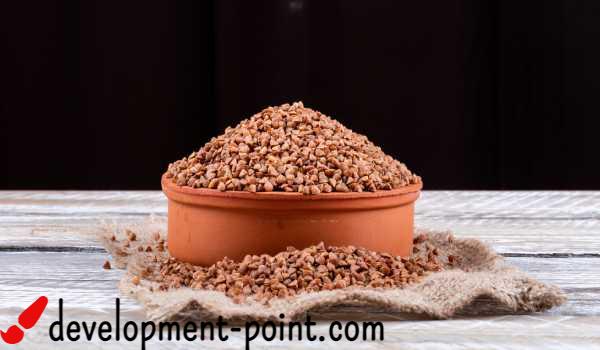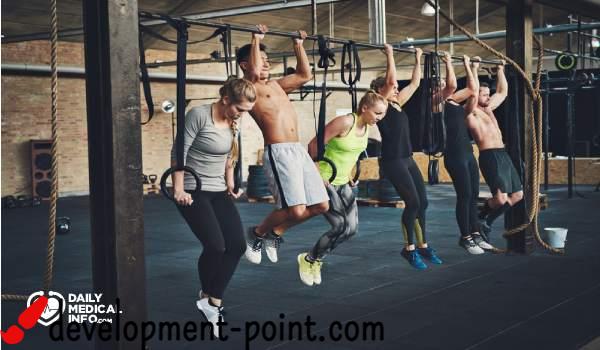Effects of antibiotics on the body and foods to be avoided with it
Some may rush to resort to eating Antibiotics Without resorting to consulting a doctor, which may lead to health problems as a result of taking an incorrect treatment for the disease or taking an incorrect dose. In addition, excessive use of antibiotics weakens their effectiveness and increases the possibility of antibiotic resistance. Get to know us about Effects of antibiotics on the body And what foods to eat with it and which foods to avoid because they interfere with the action of antibiotics.
Taking doses of antibiotics should be under the supervision of a doctor, and you should take care of eating the appropriate foods during and after taking antibiotics so that your immune system can recover.
What are antibiotics?
Antibiotics are a type of medication used to treat bacterial infections and are not suitable for treating viral infections, so antibiotics are not suitable for treating many common viral diseases such as coronavirus, influenza, pneumonia, stomach cold, and some sinus infections.
That is why doctors warn against taking antibiotics in cases of viral infections, because in that case, antibiotics will attack the bacteria in the body, which are considered beneficial bacteria and do not cause diseases.
Effects of antibiotics on the body
Taking antibiotics has its side effects, but rest assured that they do not pose a threat to life, but they may have multiple negative effects such as hypersensitivity or may cause you problems in the digestive system. Symptoms of digestion problems may include nausea, vomiting, diarrhea, loss of appetite, cramps. stomach. or fungal infections.
Although antibiotics are designed to kill harmful bacteria, they may also kill beneficial bacteria in the body, which may cause fungal infections in the mouth, throat, or vagina. A person may also develop sensitivity to light, so one should stay away from exposure to sunlight for long periods while taking antibiotics.
Also, the foods you eat may contribute to the effects of antibiotics on the body, as there are foods that enhance the action of antibiotics and there are foods that restrict their action, so follow us.
What you should eat during and after taking antibiotics
You should know that feeding the beneficial bacteria present in the intestines before and after taking antibiotics will help restore balance to the gastrointestinal tract, such as:
fermented foods
Eating certain foods can help restore gut microbes after damage caused by antibiotics. Fermented foods contain beneficial bacteria, such as cheese, yogurt, and fermented milk. Eating fermented foods may also help improve gut health after taking antibiotics and reduce side effects such as diarrhea.
High-fiber foods
The human body cannot digest fiber, but it can be digested by intestinal bacteria, so eating foods rich in fiber will help the growth of intestinal bacteria, and foods rich in fiber include nuts, bananas, artichokes, broccoli, berries, lentils, and beans.
Studies have shown that foods rich in fiber not only stimulate the growth of beneficial bacteria, but may also help fight some types of harmful bacteria. However, dietary fiber may slow gastric emptying rates, which may in turn negatively affect drug absorption rates.
Foods containing vitamin K
And since antibiotics work to kill all types of bacteria, including beneficial bacteria for the body, some of which produce vitamin K, the body needs to strengthen vitamin K by eating foods rich in it, because it helps in blood clotting. To compensate for what the body may lose from vitamin K while taking antibiotics, you can eat cabbage, spinach, parsley, and mustard greens.
Foods to avoid taking with antibiotics
There are some foods that you should avoid taking with antibiotics, as they negatively affect their effectiveness and reduce their results. Studies have shown, for example, that consuming grapefruit juice may be harmful while taking certain medications, including antibiotics.
Also, foods rich in calcium may negatively affect the body’s absorption of many types of antibiotics such as ciprofloxacin and gatifloxacin. However, other studies have shown that calcium-containing foods such as yogurt do not have the same negative effect. Therefore, it is possible to avoid eating foods that contain high doses of calcium when taking antibiotics to avoid any negative effects that may affect the effectiveness of treatment.
Hence, dear reader, you should pay attention to your health and eat foods that continuously strengthen the immune system and body functions so that the body can combat various infection factors without the need to resort to excessive medication, which by its nature may weaken your body’s immunity and make you a prisoner of medical drugs when the body is exposed to any attack. from germs.

